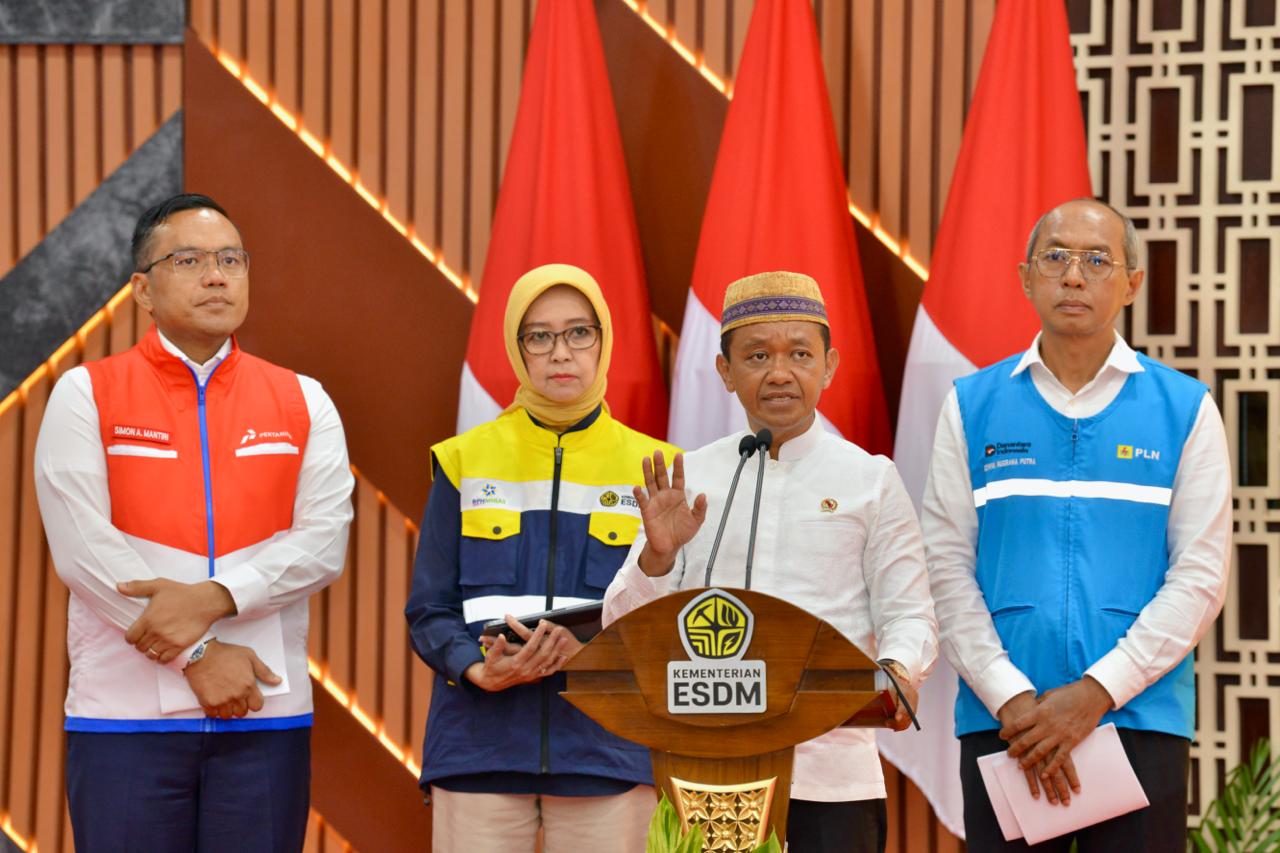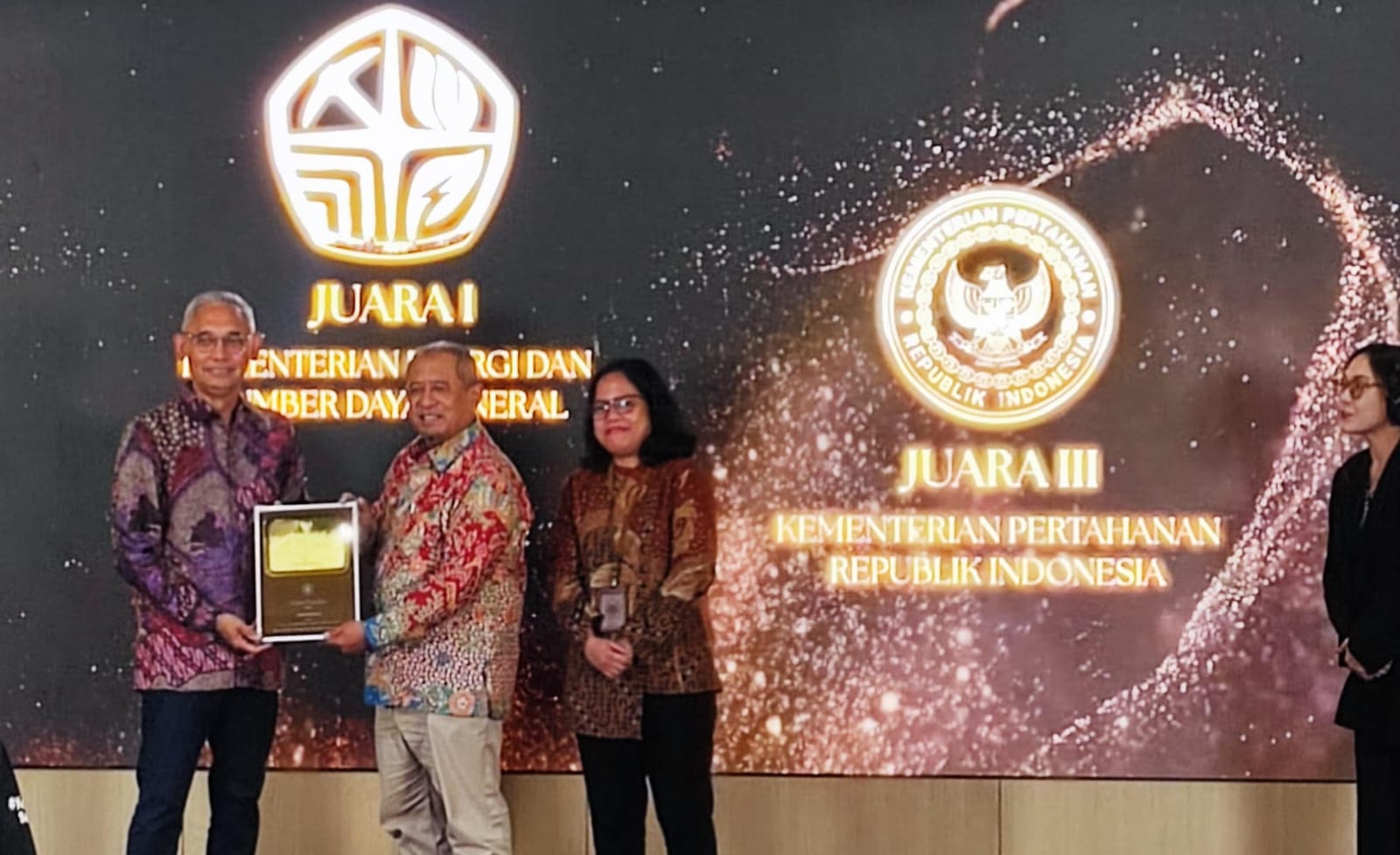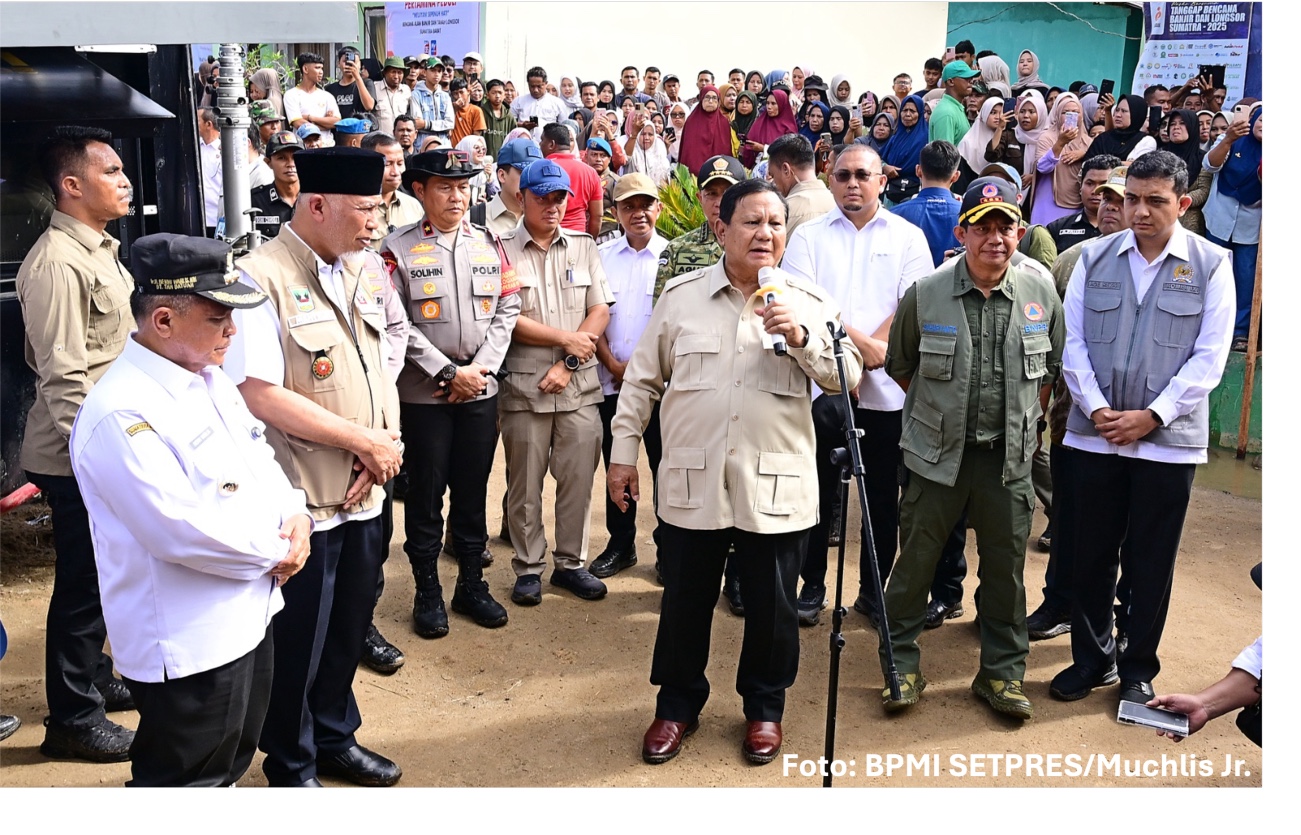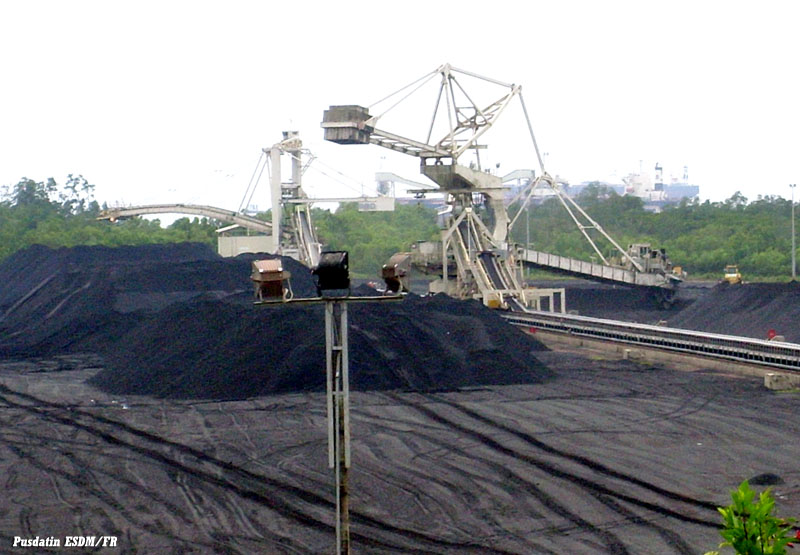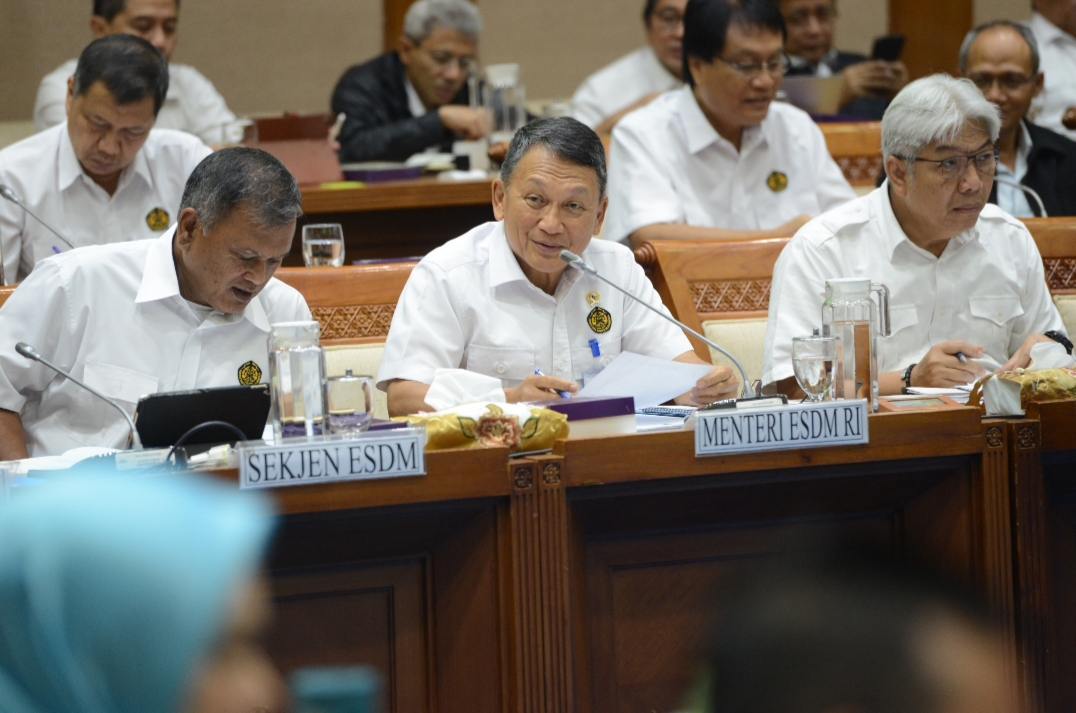
Minister of EMR Reviews Flexibility of O&G Investment Schemes
MINISTRY OF ENERGY AND MINERAL RESOURCES REPUBLIC OF INDONESIA
PRESS RELEASE
NUMBER: 688.Pers/04/SJI/2019
Date: 30 November 2019
Minister of EMR Reviews Flexibility of O&G Investment Schemes
The government sends out a positive signal for higher investment in upstream O&G because Minister of Energy and Mineral Resources (EMR) Arifin Tasrif reviews the need for cost recovery contract for new and termination blocks. The scheme will be an option for O&G investors, together with the gross split fiscal scheme.
In a work meeting with members of Commission VII of House of Representatives, Arifin indicates the need of evaluation to the business patterns and investment in the O&G sector. The evaluation is consistent with President Joko Widodo's instruction to immediately map out any regulations hampering the investment rate.
"We held dialogs with O&G investors. We asked them: Which one do you prefer, Gross Split or Cost Recovery?" Arifin informed the dialog results to members of Commission VII in Jakarta, Wednesday (27/11).
The Gross Split is actually promising. The government has required O&G companies to apply the Gross Split scheme at new and termination blocks effective 1 January 2017. Until now, 45 O&G blocks have been using the scheme, namely 17 blocks from tender, 23 blocks from termination, and 5 blocks from amendment. Out of these 45 blocks, the government has received USD2.71 billion or around Rp40.7 trillion from exploration fund, and USD1.19 billion or about Rp17.8 trillion from signature bones.
Both fiscal schemes, however, have their pluses and minuses. Some investors prefer Cost Recovery for O&G fields located in difficult and high-risk areas because the scheme is regarded more rational.
"The more risky and remote an area is, the more likely they prefer PSC (Cost Recovery). PSC components can be reasonable. That's our experience with the PSC. Although PSC has its own drawback; review is done annually and the process takes a long time," he explained.
On the contrary, Gross Split is assumed more suitable for existing blocks due to its high level of business certainty. "For Gross Split, they prefer it for existing fields because the resources are clear, the potential is obvious, and the risk is less," Arifin confirmed.
Based on this consideration, the government is currently reviewing both schemes because O&G investors have made various inputs to improve the regulation about open calculation scheme on profit-sharing. "So we will make improvement and we are open to investors. We are discussing some revision to ministerial regulations," Arifin reiterated. (IY)
Head of Bureau of Communication, Public Information Services, and Cooperation
Share This!


